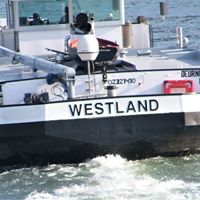Which military general is famous for crossing the Rubicon?
In ancient times, the Rubicon River had marked the northernmost boundary of Rome. No roman general was allowed to cross the northern boundary while at the head of an army. For a general to lead his troops in battle gear into the heart of Rome was against one of Rome's oldest laws (the imperium). It was considered treason.
In 49 BC, Julius Caesar led a single legion, Legio XIII Gemina, south over the Rubicon from Cisalpine Gaul to Italy to make his way to Rome. In doing so, he deliberately broke the law on imperium and made armed conflict inevitable.
Suetonius, a Roman historian, depicts Caesar as undecided as he approached the river, and attributes the crossing to a supernatural apparition. It was reported that Caesar dined with Sallust, Hirtius, Oppius, Lucius Balbus and Sulpicus Rufus on the night after his famous crossing into Italy.
Also, according to Suetonius, Caesar uttered the famous phrase ālea iacta est ("the die has been cast"). The phrase "crossing the Rubicon" has survived to refer to any individual or group committing itself irrevocably to a risky course of action, similar to the modern phrase "passing the point of no return." Caesar's decision for swift action forced Pompey, the lawful consuls (C. Claudius Marcellus and L. Cornelius Lentulus Crus), and a large part of the Roman Senate to flee Rome in fear. Caesar's subsequent victory in the civil war ensured that punishment for breaking the law would never be rendered.
More Info:
en.wikipedia.org







